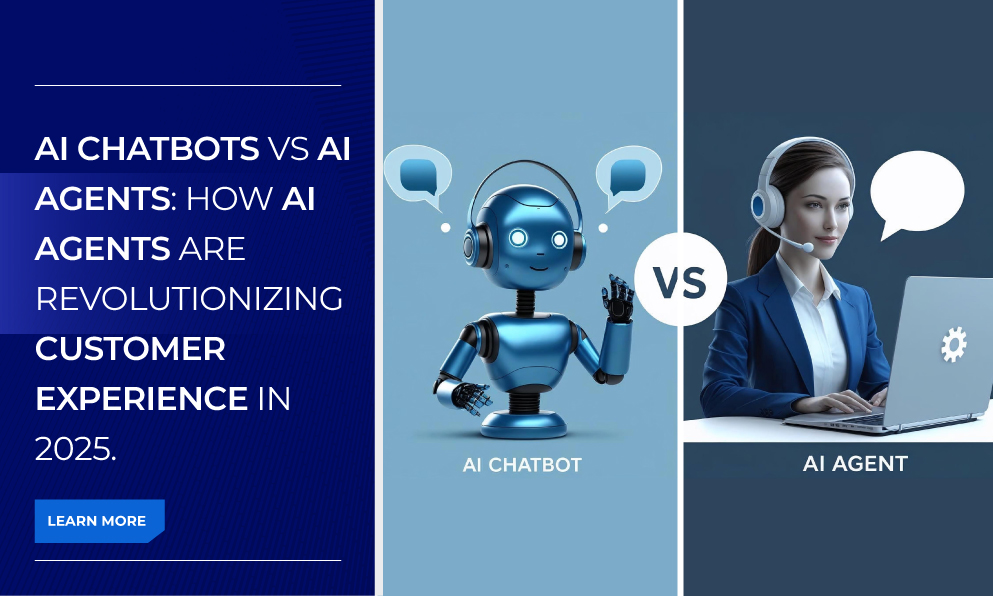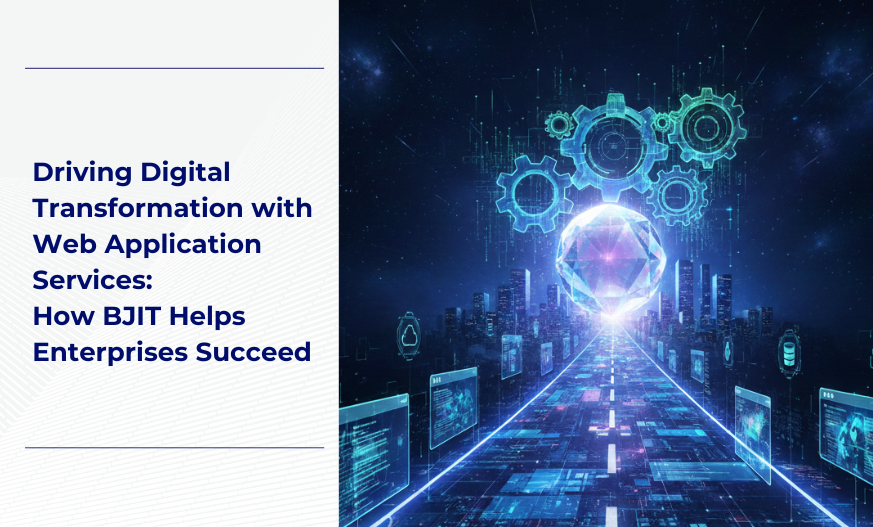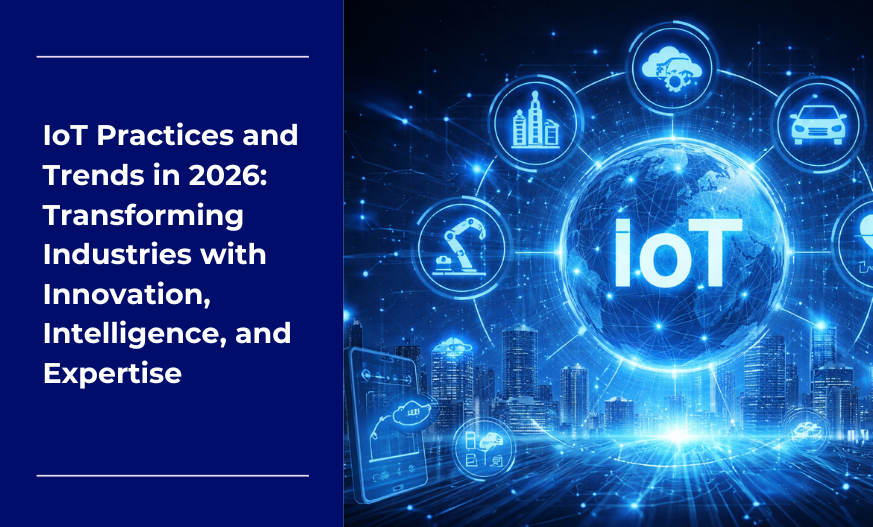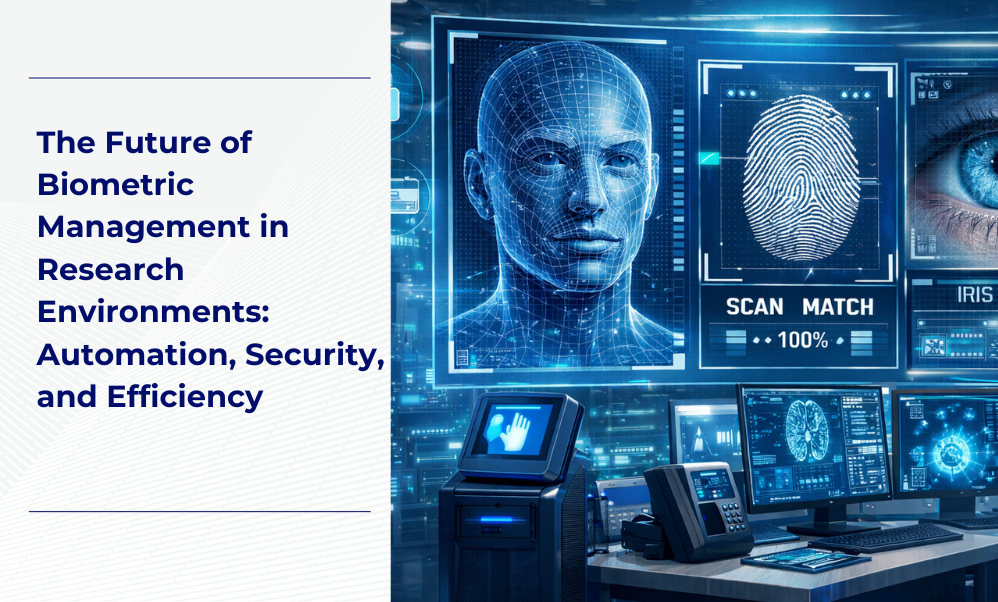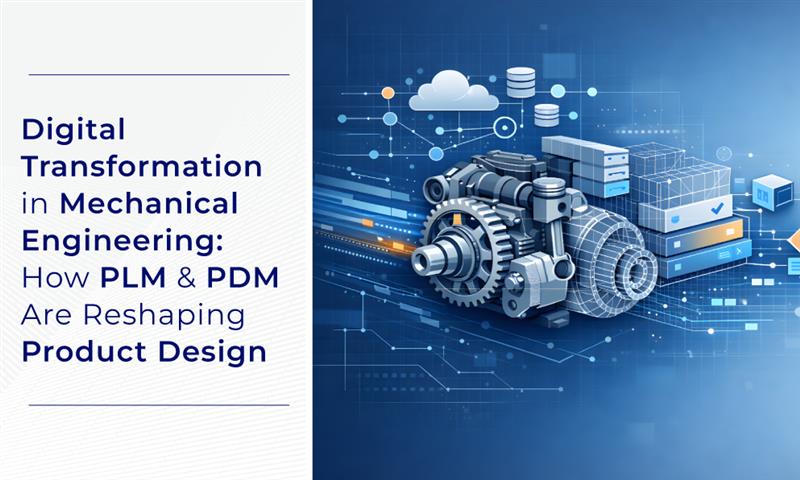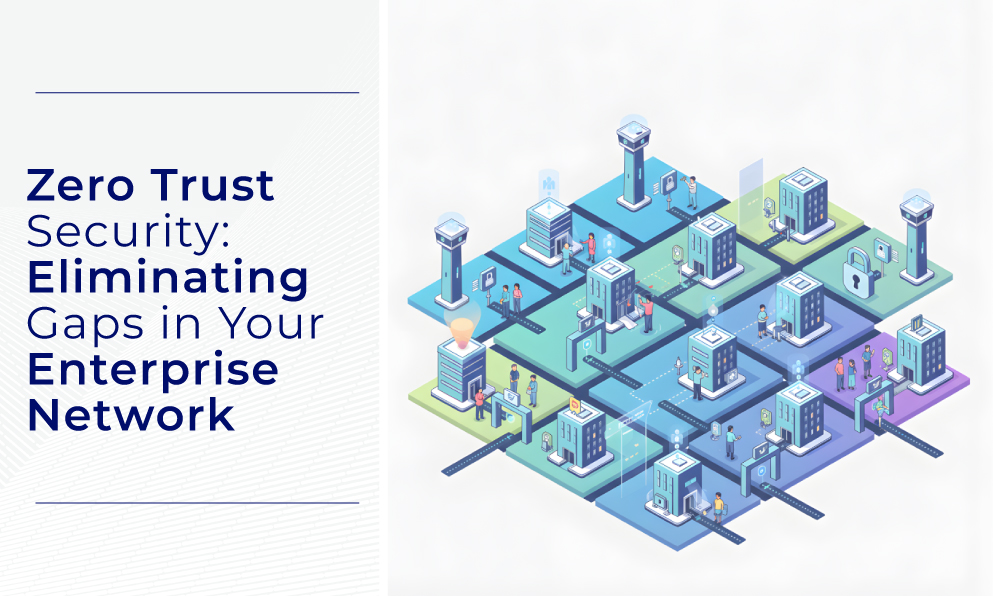The Internet of Things (IoT) is no longer a futuristic concept; it has become a foundational pillar of the modern digital economy. As we approach 2025, IoT is expected to expand its influence across industries, transforming operations, customer experiences, and business models. According to McKinsey (2023), the economic impact of IoT could reach up to $12.6 trillion globally by 2030. Businesses that want to remain competitive must anticipate and adapt to key IoT trends. In this blog, we explore the top 7 IoT trends that will dominate in 2025 and how businesses can prepare for them by leveraging cutting-edge solutions from BJIT.
1. Edge AI: Bringing Intelligence Closer to the Device
Edge AI represents a convergence of edge computing and artificial intelligence, allowing data to be processed at or near the data source rather than in centralized cloud servers. As IoT devices proliferate, transmitting vast volumes of data to the cloud becomes inefficient and costly. Edge AI enables faster, more secure, and bandwidth-efficient data processing.
Key Benefits in 2025:
- Reduced latency: Enables real-time responses in critical systems like autonomous vehicles or remote surgeries.
- Improved data privacy: Sensitive data can be processed locally without transmitting it over networks.
- Energy efficiency: Reduces reliance on cloud infrastructure.
A study by Zhou et al. (2023) notes that edge AI adoption is expected to grow by over 200% by 2025, driven by the need for instant decision-making in environments such as smart factories, smart cities, and healthcare (Zhou et al., 2023).
How BJIT Supports Edge AI:
BJIT provides end-to-end development of edge AI-enabled IoT systems, including custom firmware, hardware integration, and edge analytics, allowing businesses to deploy intelligent and autonomous devices at scale.
Explore BJIT's IoT Services
2. 5G-Powered IoT: The Backbone of Massive Connectivity
The rollout of 5G networks is unlocking the full potential of IoT by offering ultra-low latency, enhanced bandwidth, and support for massive device densities. In 2025, 5G will be the default communication protocol for enterprise IoT systems.
Applications Enabled by 5G:
- Smart transportation systems: Connected cars and traffic infrastructure.
- Remote industrial automation: Instant communication between sensors and control systems.
- Immersive experiences: Real-time AR/VR applications in retail and training.
According to the Ericsson Mobility Report (2024), IoT devices connected via 5G will exceed 3.5 billion globally by 2025.
BJIT’s Role in 5G IoT:
BJIT integrates 5G modules into IoT architecture, enabling ultra-reliable and real-time connectivity. Whether you're developing smart city infrastructure or automated factories, BJIT provides the backend systems, embedded hardware, and software integration required for next-gen connectivity.
3. Digital Twins: Simulating the Physical World
A digital twin is a dynamic virtual representation of a physical object, process, or system. By utilizing real-time IoT data, digital twins provide powerful tools for simulation, prediction, and optimization.
Real-World Applications:
- Manufacturing: Monitor production lines and optimize output.
- Smart buildings: Manage HVAC, lighting, and energy in real-time.
- Healthcare: Virtual patient models to optimize treatments.
Tao et al. (2022) state that businesses using digital twins can achieve up to 30% efficiency improvements and a 25% reduction in operational costs.
BJIT’s Digital Twin Enablement:
BJIT develops the software architecture and IoT integration layers necessary to build functional digital twins, from sensor calibration to visualization dashboards. This empowers businesses to predict equipment failures, optimize processes, and plan future scenarios effectively.
4. Sustainable IoT for ESG Compliance
Environmental, Social, and Governance (ESG) objectives are now integral to business strategy. IoT technologies are crucial enablers of sustainability by allowing real-time tracking and optimization of resource usage.
Environmental Benefits:
- Smart agriculture: IoT-enabled irrigation systems reduce water waste.
- Energy monitoring: Intelligent lighting and HVAC systems reduce energy consumption.
- Waste management: Sensor-based systems optimize waste collection and recycling.
According to the World Economic Forum (2023), IoT has the potential to reduce global greenhouse gas emissions by up to 15%.
BJIT’s Green Tech Initiatives:
BJIT customizes IoT solutions for sustainability, offering data-driven insights for energy conservation, emission tracking, and ESG reporting. Businesses can rely on BJIT to deploy scalable, green IoT platforms that align with compliance standards.
5. Advanced IoT Security and Zero Trust Frameworks
With billions of devices connected to the internet, security becomes paramount. IoT ecosystems are particularly vulnerable due to heterogeneous devices and limited built-in security mechanisms. By 2025, Zero Trust Architecture (ZTA) will become the gold standard.
Security Trends:
- Device authentication: Secure onboarding using cryptographic credentials.
- Anomaly detection: AI-based systems to detect unusual behavior.
- Firmware integrity: Secure boot processes and encrypted updates.
Ahmed et al. (2023) emphasize the importance of implementing AI-based threat monitoring and multi-layered defenses in IoT ecosystems.
BJIT’s Security-First Development:
BJIT follows best practices in secure IoT development, including TLS encryption, firmware hardening, intrusion detection systems, and compliance with ISO/IEC 27001 standards. Businesses partnering with BJIT can rest assured that their connected infrastructure is protected.
6. Predictive Maintenance and Industrial IoT (IIoT)
Predictive maintenance uses IoT sensors to monitor the condition of equipment in real-time, predicting failures before they occur. This trend is a game-changer in asset-heavy industries.
Business Impact:
- Minimized downtime: Alerts before equipment failure.
- Cost savings: Prevents expensive unplanned outages.
- Increased asset life: Maintenance based on actual condition, not estimates.
Deloitte (2024) reports that predictive maintenance can lower maintenance costs by 20% and increase uptime by up to 50%.
BJIT’s Predictive Maintenance Platforms:
BJIT offers turnkey IIoT systems that integrate with legacy equipment, enabling real-time diagnostics and smart maintenance scheduling using AI and ML algorithms.
7. Interoperability and Open Standards
In 2025, businesses will demand IoT platforms that are vendor-neutral and interoperable. Closed ecosystems inhibit innovation and scalability, making open standards essential for long-term success.
Key Interoperability Protocols:
- MQTT: Lightweight messaging protocol ideal for low-bandwidth networks.
- OPC UA: Standard for industrial automation.
- LwM2M: Device management protocol for constrained devices.
Gartner (2024) identifies lack of interoperability as a primary reason for IoT project failure.
BJIT’s Integration Framework:
BJIT specializes in developing middleware and APIs that bridge disparate systems, ensuring seamless communication between devices, applications, and cloud platforms. This allows businesses to avoid vendor lock-in and maintain agility.
Preparing for the Future: Steps for Business Leaders
To prepare for the evolving IoT landscape, business leaders should:
- Conduct a technology audit: Assess current infrastructure and identify gaps.
- Define clear use cases: Prioritize high-impact applications like predictive maintenance or energy optimization.
- Ensure scalability: Choose modular solutions that can grow with your business.
- Invest in partnerships: Collaborate with proven IoT experts like BJIT.
Why Choose BJIT as Your IoT Partner?
BJIT offers a comprehensive IoT development service portfolio, including:
- Custom hardware and firmware development
- Sensor integration and real-time data processing
- Cloud and edge computing platforms
- AI/ML-driven analytics dashboards
- Secure and scalable architecture
With a global footprint and proven industry expertise, BJIT empowers businesses to unlock the full potential of IoT. Whether you're launching a new product, optimizing operations, or meeting sustainability goals, BJIT is the right technology partner.
Contact BJIT Today for a free IoT consultation.
References (APA 7th Edition)
- Ahmed, S., Kumar, N., & Hossain, M. A. (2023). IoT security challenges and solutions: A zero-trust perspective. IEEE Internet of Things Journal, 10(1), 124-138. https://doi.org/10.1109/JIOT.2023.3245678
- Deloitte. (2024). 2024 Manufacturing Industry Outlook. Retrieved from https://www2.deloitte.com
- Ericsson. (2024). Ericsson Mobility Report. Retrieved from https://www.ericsson.com/en/reports-and-papers/mobility-report
- Gartner. (2024). Top IoT Failure Reasons and How to Prevent Them. Retrieved from https://www.gartner.com
- McKinsey & Company. (2023). The Internet of Things: Mapping the value beyond the hype. Retrieved from https://www.mckinsey.com
- Tao, F., Qi, Q., Liu, A., & Kusiak, A. (2022). Digital twins and cyber–physical systems toward smart manufacturing and industry 4.0: Correlation and comparison. Engineering, 8(4), 580-590. https://doi.org/10.1016/j.eng.2022.01.010
- World Economic Forum. (2023). How IoT and Data Can Help Cut Emissions. Retrieved from https://www.weforum.org
- Zhou, Y., Wu, Y., & Li, H. (2023). Edge artificial intelligence in the Internet of Things: Advances and challenges. IEEE Communications Surveys & Tutorials, 25(2), 767-790. https://doi.org/10.1109/COMST.2023.3261123
